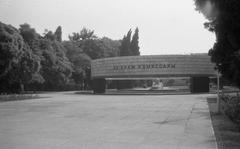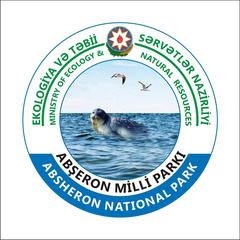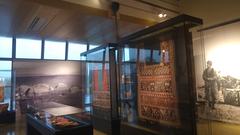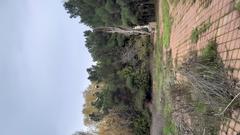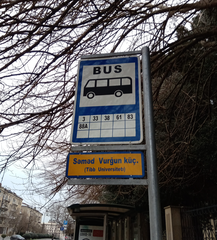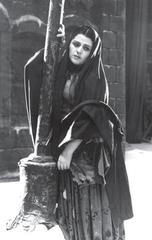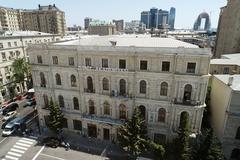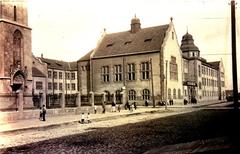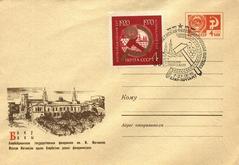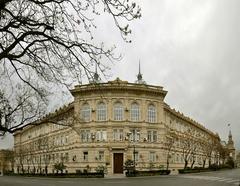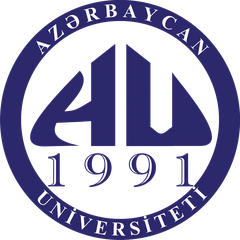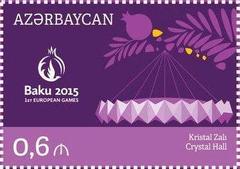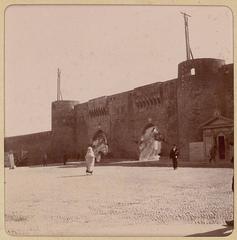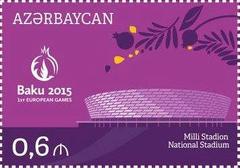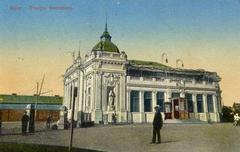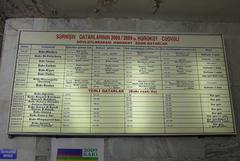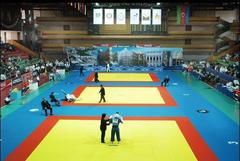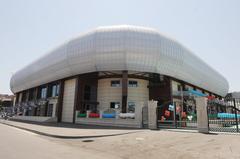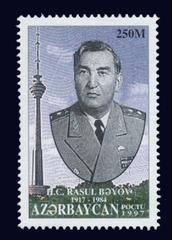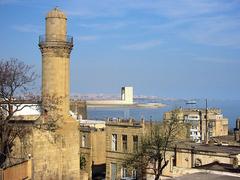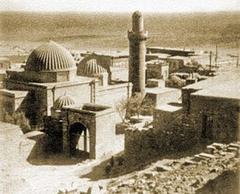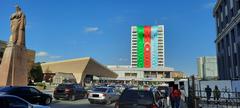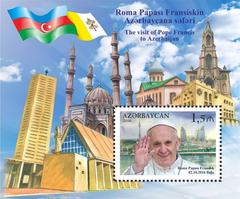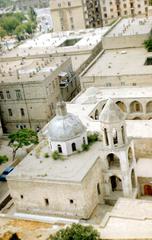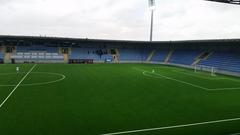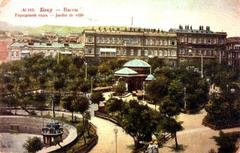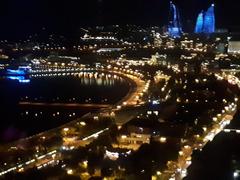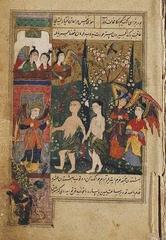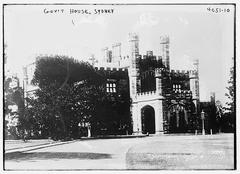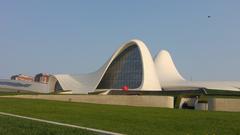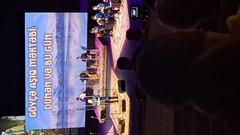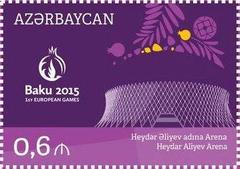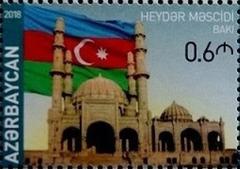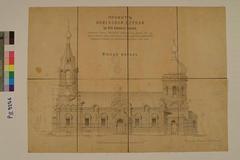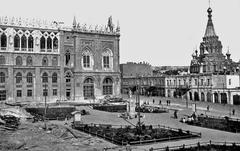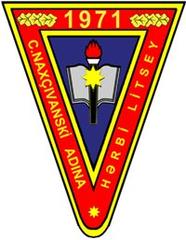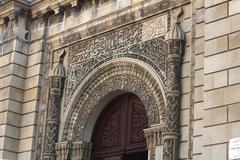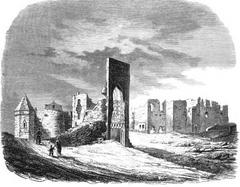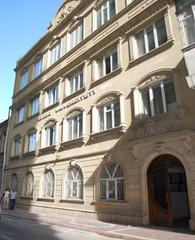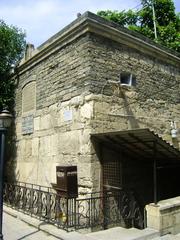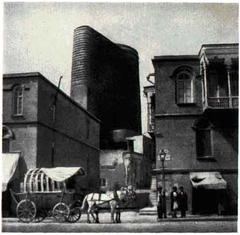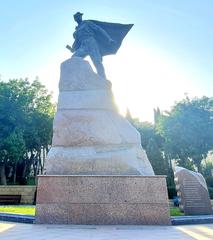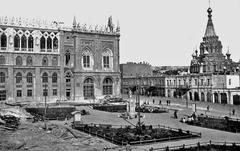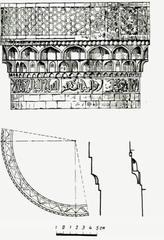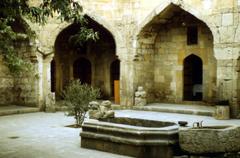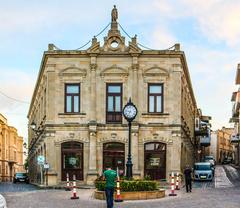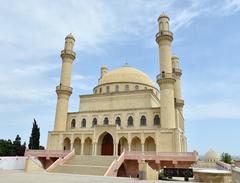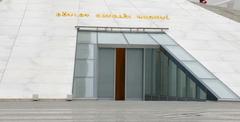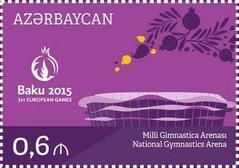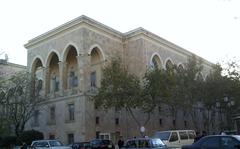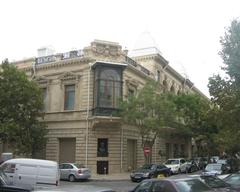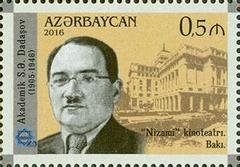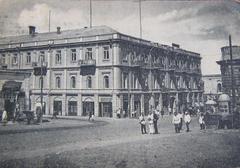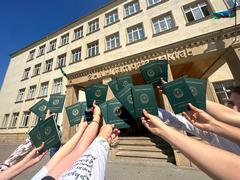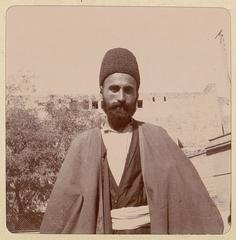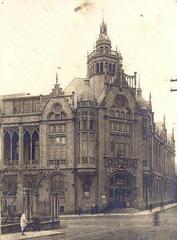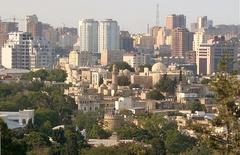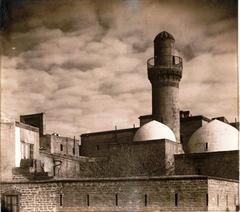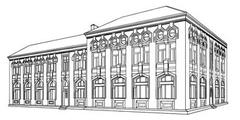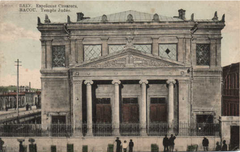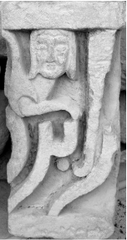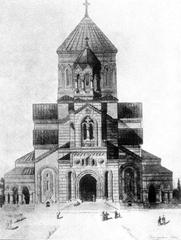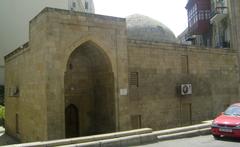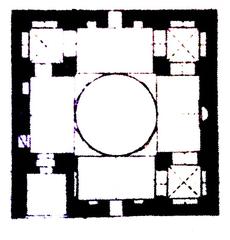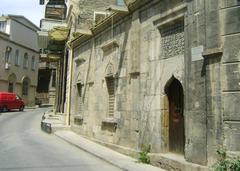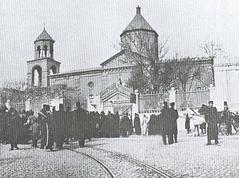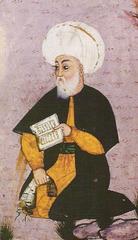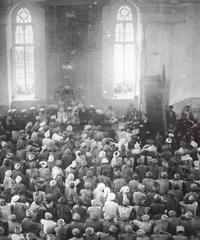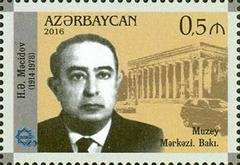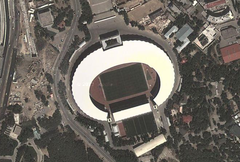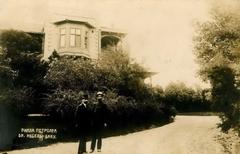Baku Turkish Martyrs’ Memorial: Visiting Hours, Tickets, and Historical Significance
Date: 04/07/2025
Introduction
The Baku Turkish Martyrs’ Memorial, located within the Martyrs’ Lane complex in Baku, Azerbaijan, stands as a solemn tribute to the 1,130 Ottoman soldiers who lost their lives during the pivotal Battle of Baku in 1918. Beyond honoring these fallen soldiers, the memorial symbolizes the enduring ties of brotherhood, solidarity, and shared history between Turkey and Azerbaijan. Its prominent position atop a hill overlooking the Caspian Sea offers visitors a tranquil space for reflection, enriched by striking architectural features and deep historical resonance. Since its completion in 1999, the site has become a focal point for national remembrance and international friendship (Wikipedia; Butuner Mimarlik; Holidify).
This comprehensive guide details the memorial’s history, architectural symbolism, practical visitor information, accessibility, and nearby attractions. Whether you are a historical traveler, a student of international relations, or simply seeking meaningful experiences in Baku, this article will enhance your visit with key insights and helpful tips.
Contents
- Introduction
- Historical Background and Significance
- Architectural Design and Symbolism
- Visiting Hours, Tickets, and Accessibility
- Tips for Visitors and Nearby Attractions
- Frequently Asked Questions (FAQ)
- Conclusion
- Sources
Historical Background and Significance
Origins and Historical Context
The Baku Turkish Martyrs’ Memorial (Azerbaijani: Bakı Türk Şəhidliyi, Turkish: Bakü Türk Şehitleri Anıtı) commemorates the Ottoman soldiers who died in September 1918 during the Battle of Baku, a crucial event in Azerbaijan’s struggle for independence. In response to the Azerbaijan Democratic Republic’s call for help against Bolshevik and Armenian Dashnak forces, the Ottoman Army of Islam, led by Nuri Pasha, played a decisive role in liberating Baku. The sacrifice of 1,130 Ottoman soldiers is memorialized here, symbolizing the shared struggle and enduring partnership between the two nations (Wikipedia; Butuner Mimarlik).
Evolution Through Political Change
During the Soviet era, the original cemetery’s commemorative role was deliberately suppressed, and the area was converted into a park, erasing its historic significance. With Azerbaijan’s independence in 1991, efforts to restore and honor the site’s original purpose began. The Turkish Martyrs’ Memorial was constructed as part of a broader national project to reclaim and celebrate Azerbaijan’s history and its close relationship with Turkey (Academia.edu).
Architectural Design and Symbolism
Monument Features
The memorial, designed by Turkish architects Hüseyin Bütüner, Hilmi Güner, and Elçin Özhelvacı, was completed in 1999. Its central feature is a 7-meter-high truncated octagonal obelisk clad in red granite, symbolizing solemnity and strength. White marble crescent and star motifs, reminiscent of the Turkish flag, adorn each face, honoring the fallen and reflecting Turkish and Islamic heritage (Wikipedia; Wikiwand).
Key Elements
- Alley of Nameplates: Lined with the names and ranks of the Ottoman soldiers, personalizing the tribute and inviting visitors to reflect on individual sacrifices.
- Landscaped Surroundings: Manicured gardens, mature plane trees, benches, and shaded areas create a serene environment for reflection (Evendo).
- Mosque of the Martyrs: Built with Turkish support and inaugurated in 1996, the mosque features a red granite facade and white marble decorations. Although currently closed to the public, it adds spiritual depth to the memorial (Live the World).
- Flags: Turkish and Azerbaijani flags fly side by side, visually reinforcing the enduring alliance.
Artistic Motifs and Nighttime Illumination
The memorial’s octagonal geometry references Islamic architectural traditions and the eight-pointed star, symbolizing regeneration and balance. At night, subtle lighting accentuates the monument’s form and motifs, creating a tranquil and contemplative atmosphere (Rehlat).
Visiting Hours, Tickets, and Accessibility
Location
The memorial is located within the Martyrs’ Lane (Şəhidlər Xiyabanı) complex, atop a hill in southern Baku. The site offers panoramic views of the city and Caspian Sea and is easily accessible by public transport, taxi, or a scenic walk from the city center (Trek Zone).
Visiting Hours
- Open Daily: 9:00 AM to 6:00 PM (some sources report extended hours up to 11:00 PM, especially in summer).
- Best Time to Visit: Early morning or late afternoon for a quieter experience and optimal photography lighting.
Tickets
- Entry Fee: Free of charge for all visitors.
Accessibility
- Pathways: Paved and suitable for wheelchairs and strollers, though the approach from the city center includes an uphill walk.
- Facilities: Benches, shaded areas, and public restrooms are available near the Martyrs’ Lane entrance.
- Guided Tours: Available through local tour operators and hotels; special ceremonies are held on Turkish and Azerbaijani commemorative dates.
Tips for Visitors and Nearby Attractions
Visitor Etiquette
- Dress Modestly: Shoulders and knees covered; women should wear headscarves if entering the mosque (when open).
- Respectful Behavior: Maintain silence, avoid disruptive conduct, and be mindful of ceremonies and mourners. Photography is permitted but should be discreet.
Practical Advice
- Footwear: Wear comfortable shoes for walking and climbing the hill.
- Hydration: Bring water, especially in summer.
- Weather: Baku can be windy; bring a light jacket outside summer months.
Nearby Attractions
- Martyrs’ Lane: Adjacent cemetery honoring Azerbaijani heroes.
- Eternal Flame: Central commemorative feature.
- Old City (Icherisheher): UNESCO World Heritage site, 15–20 minute walk.
- Baku Boulevard: Seaside promenade, ideal for a sunset stroll.
- National Art Museum of Azerbaijan, Philharmonic Garden, International Mugham Center, Green Theatre: All within a 15-minute walk.
Transportation
- Metro: Disembark at Icherisheher station, then a 15–20 minute uphill walk.
- Bus and Taxi: Multiple routes serve the area; taxis and ride-hailing apps are convenient.
Frequently Asked Questions (FAQ)
Q: What are the visiting hours of the Baku Turkish Martyrs’ Memorial?
A: The memorial is open daily from 9:00 AM to 6:00 PM. Some sources note extended hours up to 11:00 PM.
Q: Is there an entrance fee?
A: No, entry is free.
Q: Are guided tours available?
A: Yes, through local operators or hotels; often included in Baku historical tours.
Q: Is the memorial accessible to visitors with disabilities?
A: Yes, the main pathways are wheelchair accessible, though the hill may be steep.
Q: Can visitors enter the Mosque of the Martyrs?
A: The mosque is currently closed to the public.
Q: What is the best time to visit?
A: Early morning or late afternoon for a peaceful experience; national holidays feature ceremonies but are busier.
Conclusion
The Baku Turkish Martyrs’ Memorial is a profound site of remembrance, symbolizing sacrifice, solidarity, and the enduring friendship between Azerbaijan and Turkey. Its architectural elegance, historical significance, and peaceful setting make it an essential stop for anyone interested in the cultural and political landscape of Baku. With free entry, accessible facilities, and proximity to other major attractions, the memorial offers a meaningful and educational experience for all visitors.
To make the most of your visit, plan for quiet reflection during off-peak hours or attend commemorative events to witness living history. Enhance your journey by exploring adjoining landmarks and the rich tapestry of Baku’s history. For the latest information and personalized recommendations, consult official tourism resources and consider downloading the Audiala app.
Sources
- Baku Turkish Martyrs’ Memorial – Wikipedia
- Butuner Mimarlik – Baku Turkish Martyrs’ Cemetery Memorial
- Martyrs’ Lane Sightseeing – Holidify
- Shahidlar Monument Baku Azerbaijan – Heroes of Adventure
- Eternal Flame Virtual Tour – Evendo
- Martyrs’ Lane in Baku Azerbaijan Review – Foxnomad
- Official Tourism Board of Azerbaijan
- Mosque of the Martyrs in Baku – Live the World
- Martyrs’ Lane Baku – Rehlat
- Trek Zone – Baku Turkish Martyrs’ Memorial
